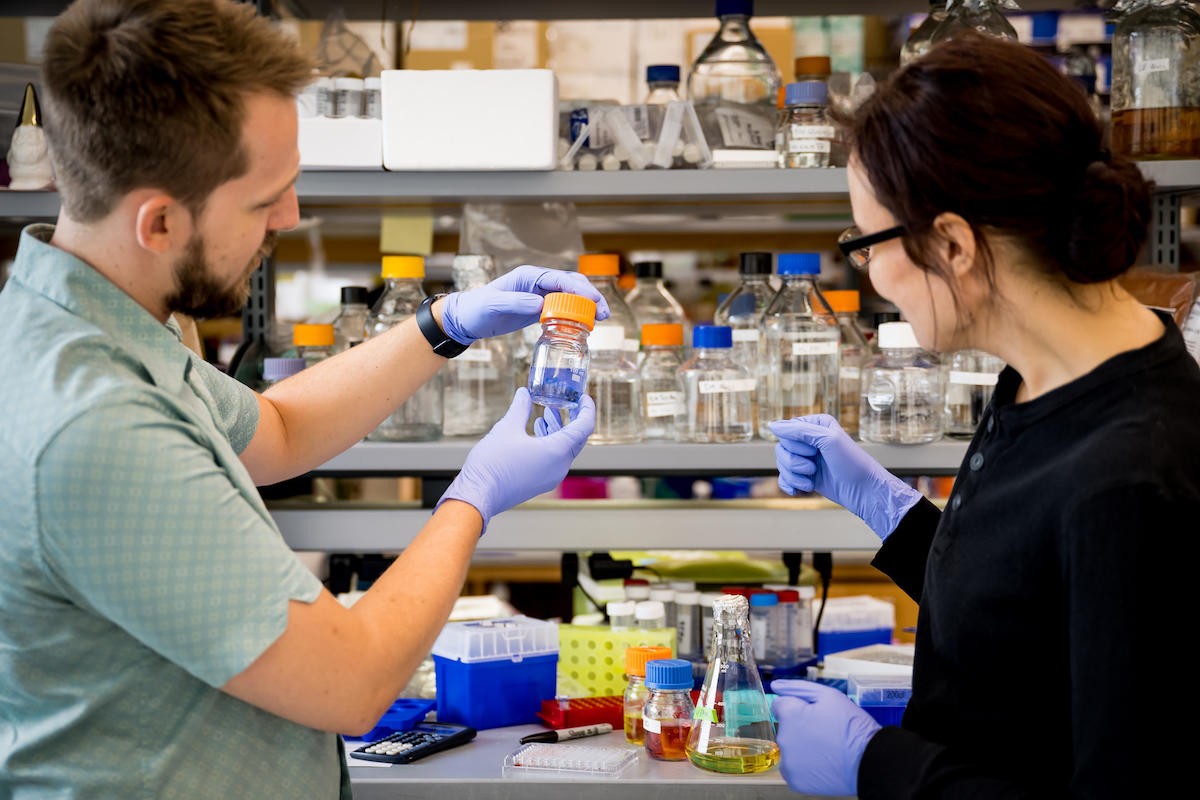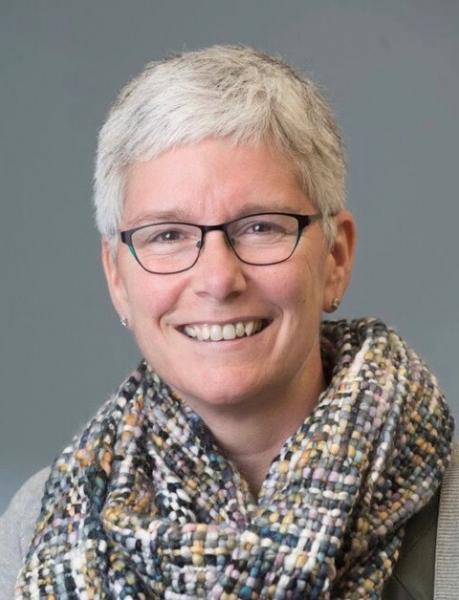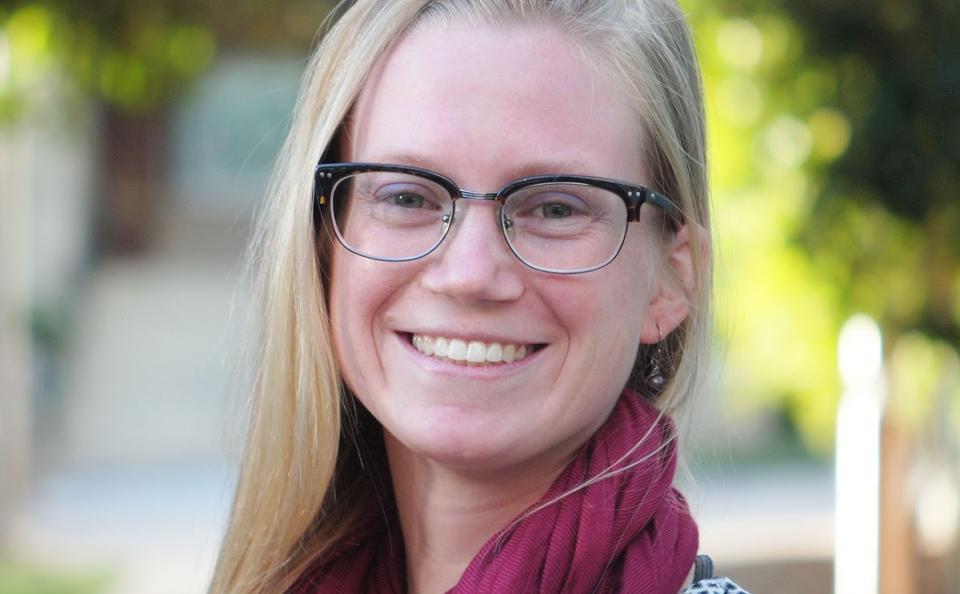Postdoctoral Scholars, Research and Training
Postdoc Training and Research Education
To foster advanced training and community network building, the GPS Office supports postdocs by providing resources and services to advance grantsmanship and scientific writing, trainings in responsible conducts of research, career development seminars, and assistance with other logistics related to your employment and benefits for maximizing your success outcomes.
Training Environments
Click to view a list of Centers, Institutes, Programs and Departments
Recent Postdoc Highlights in Research and Education
Below are recent accomplishments of our Medical School postdoctoral scholars that we would like to highlight. These accolades represent the talent, motivation and determination of our trainees as they assemble and submit research manuscripts, grant proposals and abstracts for national and international conferences. Collectively, working closely with their faculty mentors, postdocs in the Medical School continue to pave forward new discoveries and uncover novel mechanisms related to health and disease.

Postdoctoral Association at the University of Minnesota
The University of Minnesota Post-Doctoral Association got its start in Fall 2002, initiated by a small group of postdocs on the Minneapolis campus who were interested in helping to improve conditions for postdocs at this university.
The shared vision that developed out of those early meetings has resulted in a formal organization, open to anyone in the postdoctoral ranks at the U of MN. The U of MN PDA is a channel through which postdocs can express their views to the university administration, and also from which they can find help and proactive support on issues of employment, professional development, and life at this university.

A Message from the Associate Dean
Postdoctoral Scholars,
It is a welcoming to have you train with us at the University of Minnesota. As a faculty mentor and director of T32 training programs, I sincerely value the importance of training postdoctoral scholars in their next career stage as they prepare for transition into academia or non-academic careers. Furthermore, I recognize the importance of community building and strengthening transferrable skill sets.
The GPS Office provides resources, services and other support mechanisms for Medical School postdocs, with the goal to enhance recruitment, retention, research education and career development of our trainees
Sincerely,
Kris Hogquist, PhD
Associate Dean for Foundational Science and Gender Equity
